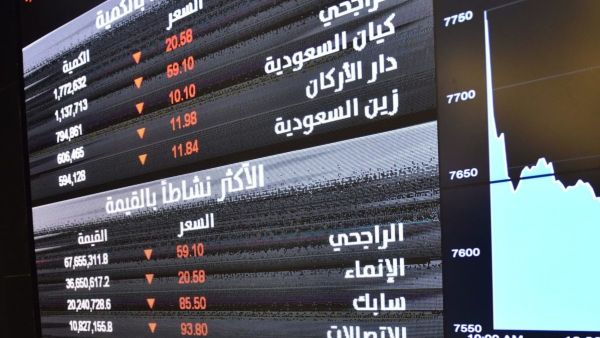A global price war has been raging over oil for the last few months. Saudi Arabia and Russia have been facing-off over how many barrels of oil are produced, and so what the price of those barrels will be. Prices have dropped from over $60 per barrel to just over $20, as of earlier this week. In the US, prices dropped below zero for the first time in history.
The cause of the drop in prices, of course, is not only down to a price war between Saudi Arabia and Russia. The global demand for crude oil has dropped due to the coronavirus. In the US, the price went below zero because companies no longer had anywhere to store the oil. As a last resort, they turned to have to pay buyers to take the oil from them.
What does this mean for Qatar? The country is in a peculiar position with its neighbors. In 2017 Saudi Arabia closed its land borders with Qatar, ceased diplomatic relations, and excluded Qatar from the ongoing catastrophic war with Yemen. The Saudi’s accused Qatar of supporting extremist groups whilst also decrying the Al Jazeera news network, which has been critical of Saudi rulers. Egypt, UAE and Bahrain followed suit.
Matters reached an apex in 2018 when a plan was unveiled which showed Saudi Arabia planned to build a canal around its border with Qatar, and therefore turn Qatar into an island cut-off from the rest of the Arab peninsula. A senior advisor to Mohammed bin Salman (MBS) tweeted, “I am impatiently waiting for details on the implementation of the Salwa island project, a great, historic project that will change the geography of the region.”
A senior advisor to Mohammed bin Salman (MBS) tweeted, “I am impatiently waiting for details on the implementation of the Salwa island project, a great, historic project that will change the geography of the region.”
The oil price war has left Qatar, in a sense, cut off from the rest of the continent. With its reliance on natural gas production – Qatar is the world’s second-largest exporter of natural gas by most estimates – the drop in oil prices is likely not to damage the economy as much as Saudi Arabia or other members of the Organization of Petroleum Exporting Countries (OPEC).
The 2018 exit from OPEC has been seen to pay-off, said Saad al-Kaabi, Minister of Energy for Qatar, in a recent interview with S&P Global Platts. "We didn't see a place for us [in OPEC] because we are a gas producer, and we are really growing in gas.”
Russia is a common enemy of OPEC and now Saudi Arabia. The price war began initially from a dispute over how many barrels of oil should be extracted in order to keep prices stable. The dispute between Saudi Arabia and Russia became so raucous that, an anonymous source told Middle East Eye, MBS and Putin entered into a shouting match moments before Saudi Arabia decided to flood the market with oil.
Likewise, Qatar has found itself entering a race to the bottom of the natural gas production ladder with Russia. Competition in supplying natural gas to Asia and Europe has widened. It was previously thought that Russia and the US were the major competitors in supplying the European natural gas market. But with the lockdowns in Asia, to whom Qatar supplies 4-5 million tons of natural gas per month, the European market is a key battling ground for gas exporting countries to mitigate losses. As Europe continues to be in lockdown and as the weather becomes warmer, the scramble to supply ever diminishing amount of gas could cause major diplomatic fall-outs.
But with the lockdowns in Asia, to whom Qatar supplies 4-5 million tons of natural gas per month, the European market is a key battling ground for gas exporting countries to mitigate losses.
Elsewhere, continued drops in oil prices will cause major problems, particularly for Russia, the US, and Saudi Arabia. In Saudi Arabia, where over 70% of export earnings and 50% of GDP derive from oil, the potential loss in jobs and social security could lead to political unrest. Mohamed bin Salman’s position at the seat of government may become extremely uncomfortable, with 1 million workers employed in the oil industry.
In the last few days, the Saudi government has reaffirmed its commitment to stabilizing oil prices which, were they to drop, could be catastrophic for Saudi society. The Saudi Press Agency said that in a cabinet meeting on 21 April, MBS told of Saudi’s "keenness to achieve stability in the oil market, its affirmation with the Russian Federation of a firm commitment to implement agreed targeted cuts over the next two years, their continuing monitoring of oil market situations closely, and being prepared to take further measures jointly with OPEC+ and other producers.”
It could be the impetus to mend fractured relations between Qatar and Saudi Arabia, or it could further push nations into a risky and significant competition.
As we move further into the global lockdown the effects on countries that rely heavily on gas and oil exports remain to be seen. It could be the impetus to mend fractured relations between Qatar and Saudi Arabia, or it could further push nations into a risky and significant competition.
The views expressed in this article do not necessarily reflect those of Al Bawaba News.







